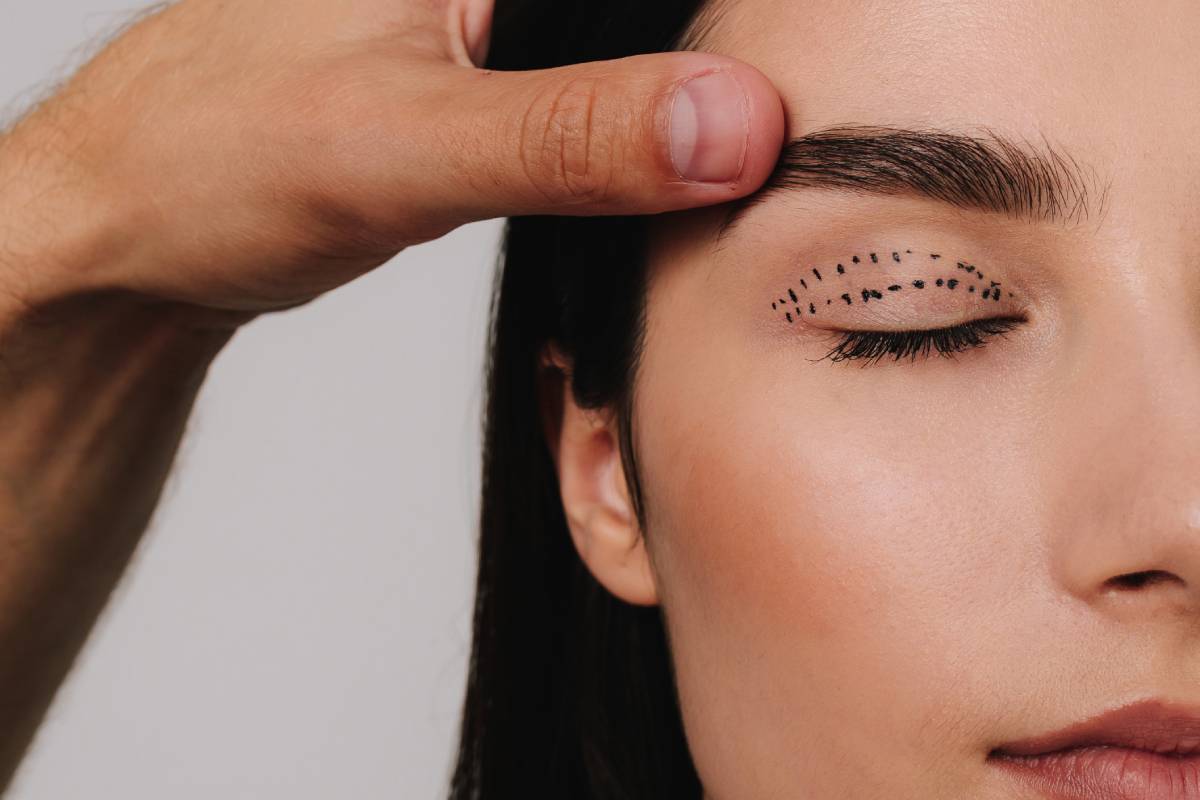You finally scheduled that eyelid surgery you’ve been thinking about. Maybe you’ve been scrolling through photos of before-and-after cases at your local eyelid surgery center, or maybe you caught yourself googling “best upper blepharoplasty surgeon near me” at 2 AM. Either way, once the procedure is done, the real work begins at home. Don’t underestimate the importance of caring for your eyes immediately after surgery. Aftercare is what makes the results last and ensures a smooth healing process.
The First 24 Hours
On the first day, your eyelids feel heavy, and there’s some swelling that makes you want to check the mirror every five minutes. Don’t. Cold compresses are going to be your lifesaver. Apply a cold compress for 10 to 15 minutes at a time, alternating on and off. Keep your head elevated, even when sleeping. Gravity helps reduce swelling. Avoid any heavy lifting or bending over. When this goes ignored, worse bruising can occur. The first three days after your surgery set the tone for your entire recovery.
Pain and When To Be Concerned
Everyone wants to know if a blepharoplasty is painful, and like with most things, it depends on your situation and contributing factors. Everyone experiences the aftermath of surgical procedures differently. But for the most part, you should expect discomfort more than pain. A dull ache is normal, and your surgeon might suggest over-the-counter pain relievers.
Itching is another common consequence of a blepharoplasty. It is essential that you avoid scratching. This can cause more irritation and lead to further discomfort. Some patients report experiencing watery eyes during the recovery period. This is normal as well. If you experience persistent pain that extends beyond discomfort, please contact your care team as soon as possible. The healing process is critical for the best results; complications during this time could have aversive consequences. Protect your eyes by being proactive and addressing potential problems before they develop into serious issues.
Stitches, Cleaning, and Eye Drops
Before jumping on Facebook, take caution; screens can strain your eyes and make them feel sore. Consider audiobooks or podcasts as a temporary substitution. Makeup is not advised until your surgeon says otherwise. Mascara can introduce bacteria into the healing tissue, which risks infection. If you have pets or kids, arrange help during the first few days.
Red Flags
Swelling and bruising are expected, but if you notice sudden, sharp pain, bleeding that does not stop, or vision changes such as flashing lights, call your surgeon immediately. Don’t Google it or wait. Contact your care team. It’s always better to be safe than sorry, especially concerning your eyes.
The Mind Game
The first week after your surgery may feel like a mental challenge. When you look in the mirror, you are likely to experience swelling that makes your result look strange at first. Have patience, and by the second or third week, the bruising will fade and enhancement will begin to show.
It typically takes around three months to fully recover from a blepharoplasty. That may seem like forever, but it will be worth the wait when the swelling subsides. Your eyes will continue to settle and refine during this period.
Your greatest asset is your surgeon. Follow their instructions carefully. Contact your eyelid surgery facility if you experience symptoms that exceed what is normal. Every person heals differently. Trust the process, follow these guidelines, and you’ll soon be showing off those refreshed, younger-looking eyes in no time.
CTA: Contact us today to schedule your consultation and discover how we can restore vitality to your eyes.
Reference:
Mayo Clinic. (2025). Blepharoplasty.

